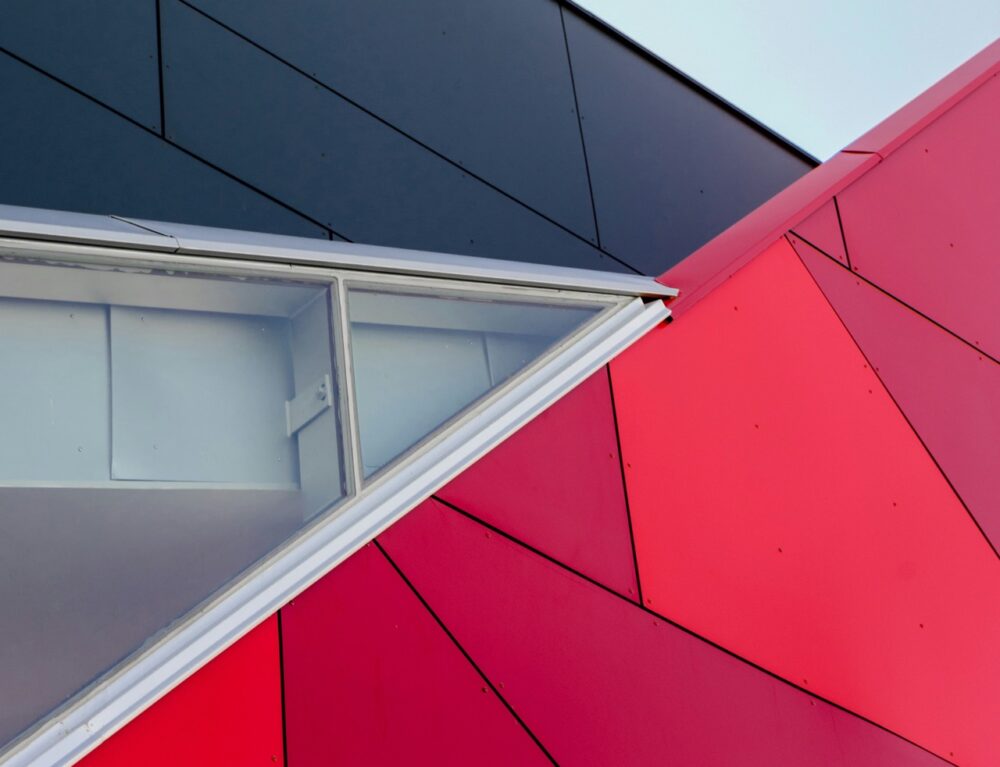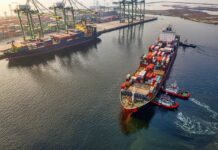Understanding Polyvinyl Chloride
PVC is a type of plastic that is produced by polymerizing vinyl chloride, a chemical compound derived from salt and oil. It exists in two basic forms: rigid and flexible.
The rigid form of PVC is used in construction for pipes, doors, and windows, while the flexible form is used in applications such as electrical cable insulation, inflatable products, and many others.

An interesting application of PVC in modern design is in areas like perspex lighting, where its properties enhance both the durability and aesthetic appeal of light fixtures.
Polyvinyl chloride is one of the most widely used synthetic materials in the world today. Its versatility, durability, and cost-effectiveness make it a popular choice across a range of industries, from construction to healthcare and beyond.
🏆
The 2024 Creative Retail Awards are open for entries.
The Creative Retail Awards are much more than a mere accolade; they represent the pinnacle of achievement in the retail industry. Garnering a nomination or winning one of these awards is a testament to innovation, excellence, and leadership.
www.creativeretailawards.com
In the construction sector, it’s essential for manufacturing products like pipes, window frames, and roofing due to its durability and resistance to environmental factors.
Here are the top ten roles of PVC that demonstrate its vital contributions to construction.
Piping Systems
PVC pipes are a common sight in both residential and industrial settings, chosen for their resilience against corrosion and chemicals.
They are essential for efficient water supply systems and dependable sewage handling, proving their worth in plumbing applications time and time again.
Window Frames
In the search for energy-efficient building materials, PVC window frames stand out. They offer excellent insulation, reducing energy costs while providing durability against the elements, making them a preferred choice for modern construction.
Electrical Conduits
Safety in electrical installations is paramount, and PVC conduits protect cables from damage and reduce risks of electrical fires. Their non-conductive nature ensures that electrical systems are safe and secure within a building’s structure.
Flooring
PVC flooring, such as vinyl tiles and sheets, are celebrated for their longevity and ease of maintenance. Available in various designs, they resist moisture and wear, making them ideal for areas with high foot traffic.
Roofing Sheets
The lightweight and robust characteristics of PVC roofing sheets provide an effective shield against harsh weather. Their chemical resistance extends their lifespan, offering a practical roofing solution with minimal maintenance.
Wall Coverings
PVC wall coverings offer aesthetic versatility along with durability. They are used extensively for both interior and exterior applications, providing resistance to physical and environmental damage.
Doors
PVC doors are tailored for modern construction needs, offering solutions that withstand environmental stresses such as moisture and temperature fluctuations. Their low maintenance requirements make them an economical choice for builders.
Insulation
Thermal insulation is a critical aspect of energy-efficient building design. PVC-based insulation materials help in maintaining temperature consistency, reducing the need for excessive heating or cooling.
Cable Insulation
The role of PVC in electrical safety extends to cable insulation. It is essential for the prevention of electrical hazards, safeguarding homes and commercial buildings alike from potential fires and faults.
Siding and Trim
For external building aesthetics that last, PVC siding and trim are unrivalled. They offer a cost-effective way to enhance a building’s exterior without the frequent upkeep required by other materials.
Incorporating materials like PVC not only optimises the structural integrity and functionality of buildings but also contributes to sustainable construction practices.















